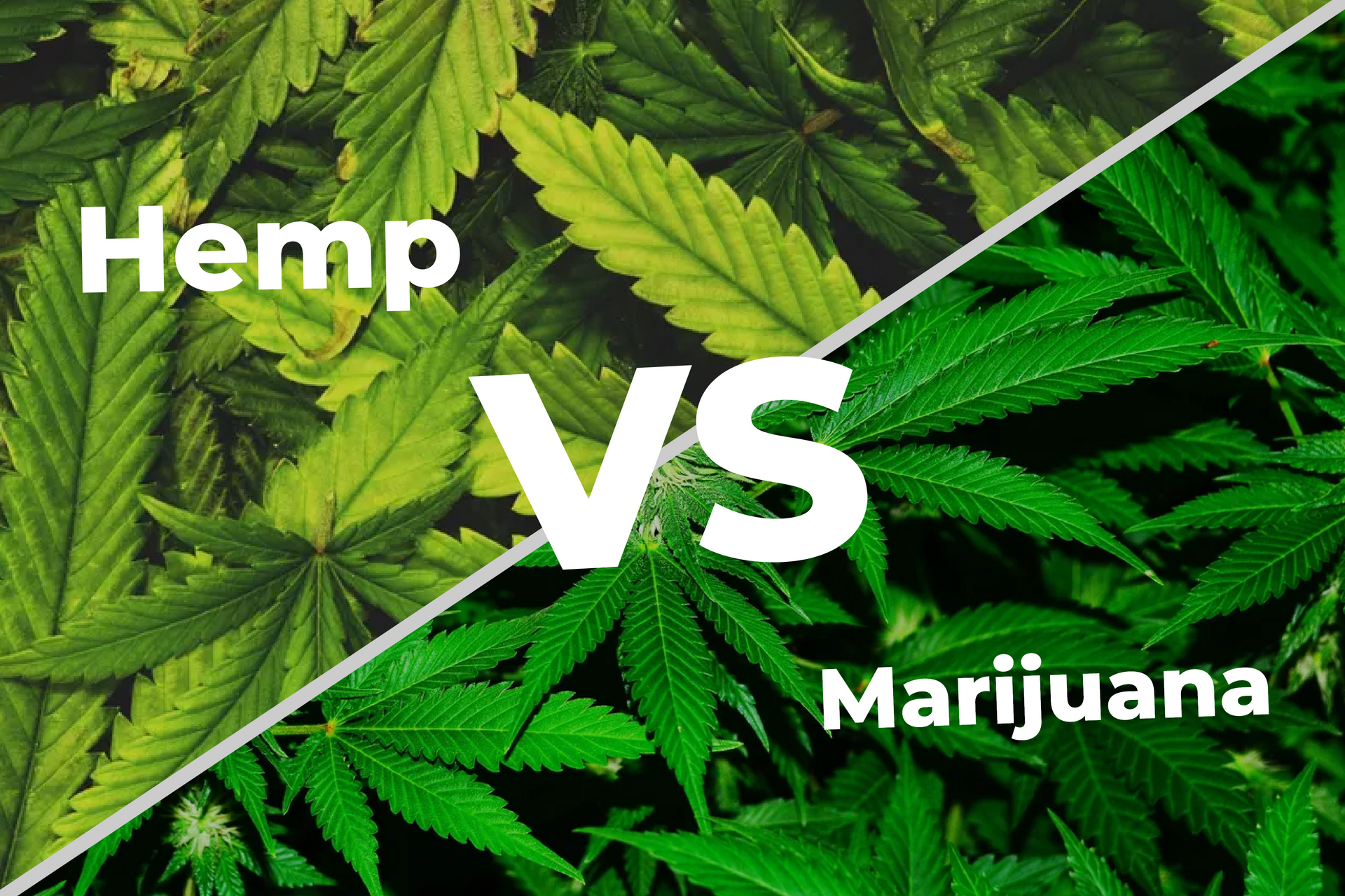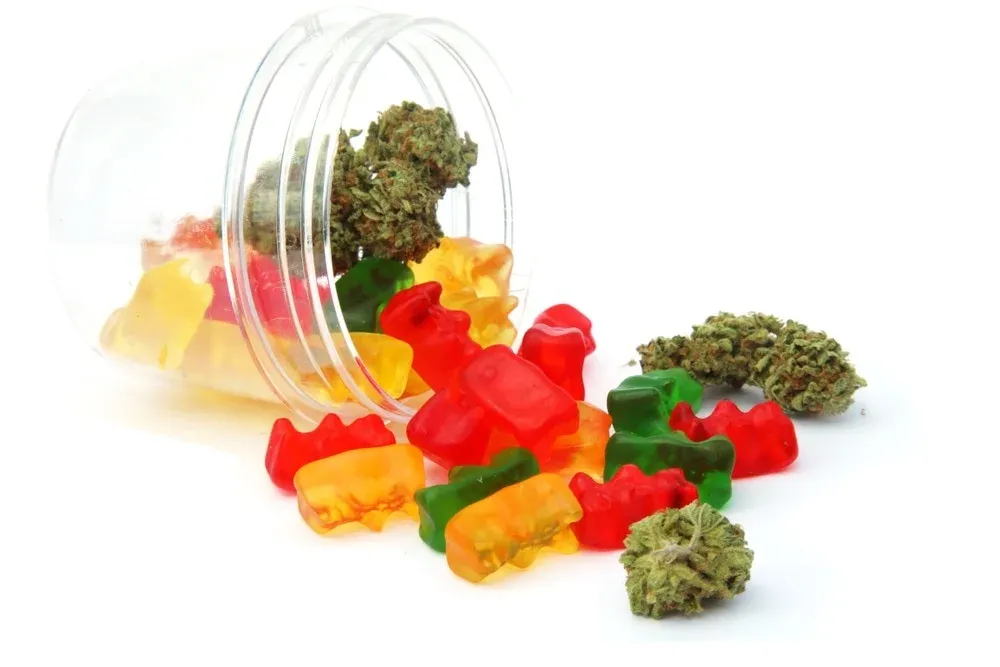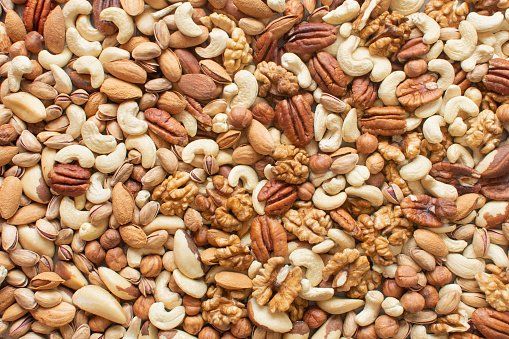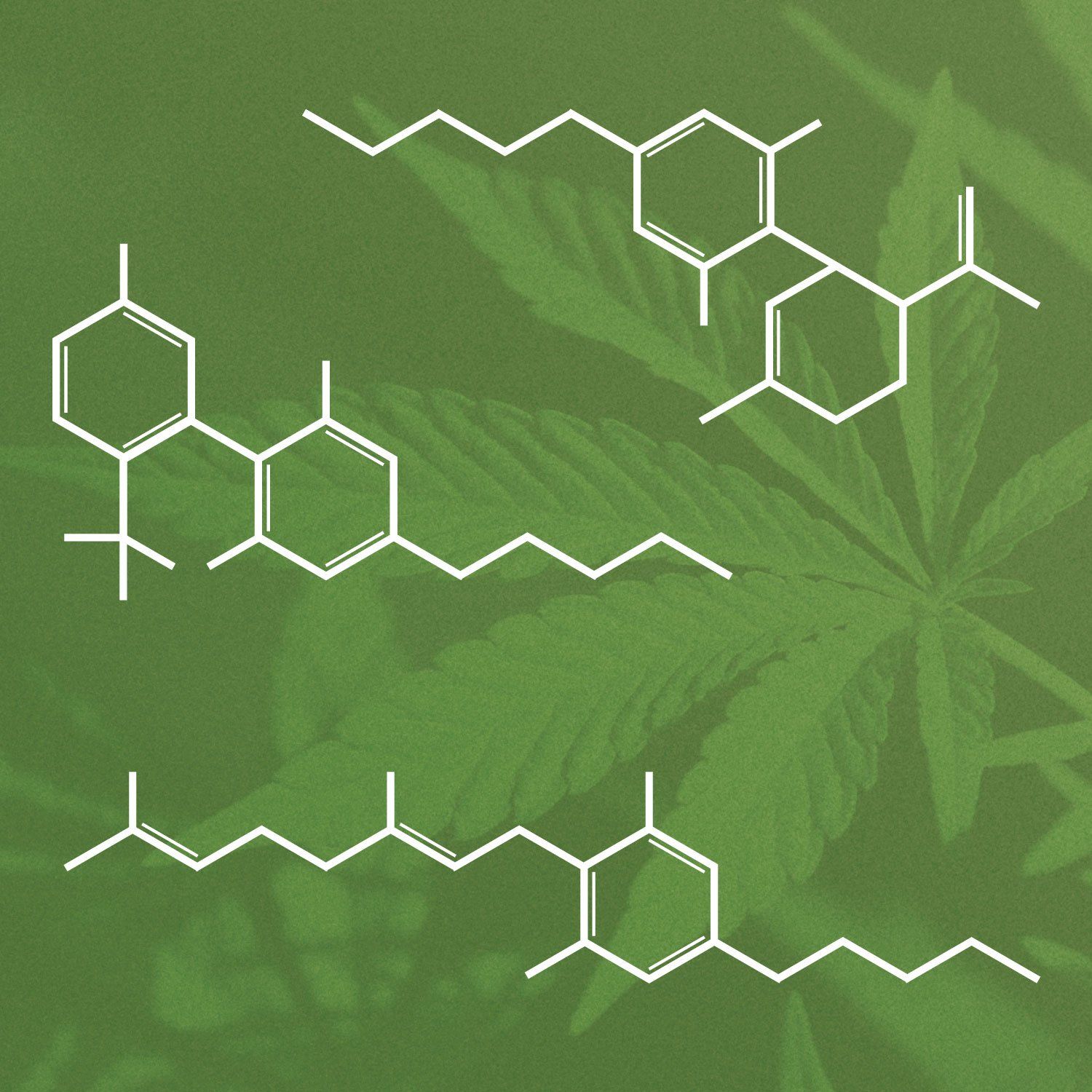Cannabis: Hemp vs. Marijuana
By Elena Norcross
THC and CBD are acronyms that represent the two most conspicuous cannabinoids derived from the cannabis sativa plant. These compounds are found in both cannabis and hemp, but cannabis has a higher concentration of THC while hemp has a higher concentration of CBD.
If we were to view these compounds under a microscope, CBD and THC have identical chemical makeups. 21 carbon atoms, 20 hydrogen atoms, and two oxygen atoms. But how the compounds are arranged effects what they are received as. Both compounds exchange information with your body’s endocannabinoid system (ECS). What is the endocannabinoid system anyway? The ECS is a system in our body that plays a role in our overall health. Functions and processes like sleep, mood, and appetite are regulated here.
That’s all interesting, yes. We have a whole system already in our brains that interacts with the cannabinoids in cannabis. But what gets you high? And what gets you medicinal benefits? The answer is in the difference between THC and CBD. The THC compound produces a psychoactive response when consumed and is still illegal in many states. CBD, however, does not get you high in the sense that THC does. CBD legally may have up to 0.3% of THC. Unfortunately, this amount is not enough to result in a psychoactive experience. Both interact with the endocannabinoid system, but THC and CBD have separate properties that cooperate with the body differently.
CBD can target many complex problems, such as arthritis, GI issues, and as aid in cancer
treatment. But CBD is also for those with everyday aches and pains, as well as general health. There are various products available in which to try CBD. It can be found in tinctures, edibles, salves. Consumer demand has driven companies to be creative when it comes to whipping up ways to make CBD available in multiple accessible methods.
THC for medicinal purposes is found in the US states where medical marijuana is legal.
The compound produces effects that ease painful and distressing conditions such as chronic pain and anxiety. Consumers can also find certain strains that may help them target unwanted issues they may face.
Many people are hesitant to try CBD because they confuse its properties for the psychoactive ones of THC. While CBD will not get you high, it still contains THC. Because of this small amount (which would not be enough to be psychoactive) is still likely to show up on a drug test. So, play it safe and keep this in mind when determining if CBD is right for you.
Both cannabinoids are incredible powerhouses for healing in their own ways. Because of the diverse nature of our bodies, consult with a doctor before adding CBD or THC to your medicinal routine. But on its own, CBD has been found to produce no adverse effects. While CBD seems to be tolerated in most, THC does have some infamous side effects like dry mouth, increased heart rate, and memory loss. This is because of THC’s psychoactive properties.
Now that you know the ins and outs of both THC and CBD, take the next steps to find out if these cannabinoids could support your healing needs!
RECENT POSTS




